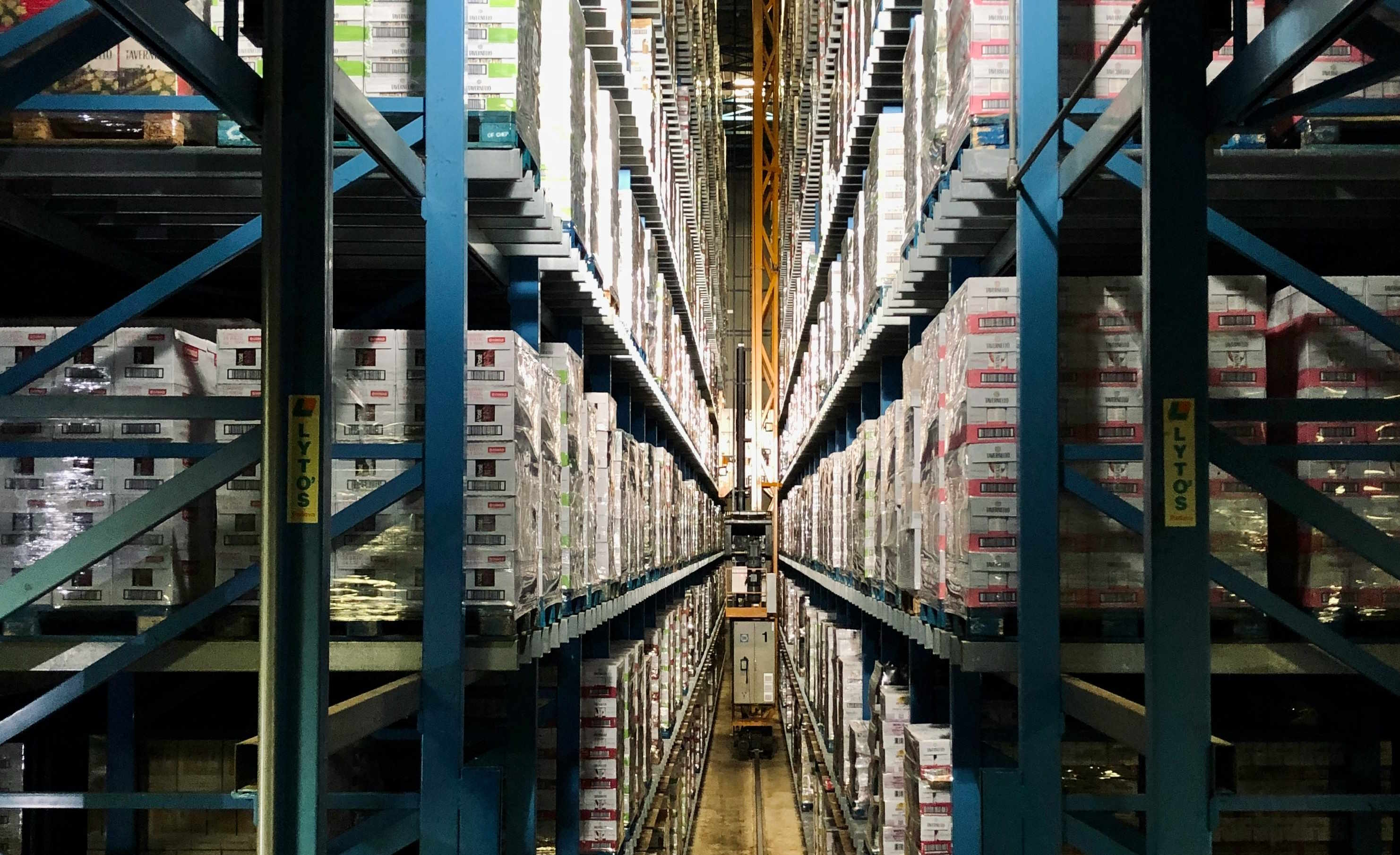Exploring Warehouse Job Opportunities Across the United Kingdom
Working in warehouses can provide valuable experience in various industries, especially for those who live in the United Kingdom and speak English. This sector encompasses a range of roles, from inventory management to order fulfillment. Understanding the working conditions and environments within warehouses can help individuals make informed decisions about their career paths. Insights into warehouse racking systems and packaging practices are essential for anyone considering a position in this field.

Warehouse Roles and Responsibilities
Warehouse operations encompass numerous positions with distinct responsibilities that collectively ensure the smooth functioning of storage and distribution facilities. Entry-level positions typically include warehouse operatives who handle tasks such as loading and unloading deliveries, picking and packing orders, and conducting inventory checks. More specialized roles include forklift operators, who require specific certifications to safely transport goods within the facility.
At the supervisory level, team leaders coordinate daily activities and ensure productivity targets are met, while warehouse managers oversee entire operations, including staff management, health and safety compliance, and optimization of workflows. Many warehouses also employ administrative staff to handle documentation, maintain records, and process shipping information. Specialized technical positions such as maintenance technicians ensure that warehouse equipment, including conveyor systems and automated machinery, remains operational.
Essential Qualifications for Warehouse Employment
The qualifications required for warehouse positions vary significantly depending on the specific role and level of responsibility. For many entry-level warehouse operative positions, formal qualifications may be minimal, with employers primarily seeking candidates who demonstrate reliability, physical fitness, and the ability to follow instructions precisely. However, certain skills and certifications can significantly enhance employment prospects in this sector.
For those operating machinery, relevant licenses are essential – particularly forklift licenses, which require completion of recognized training courses. For supervisory and management roles, employers typically look for candidates with prior warehouse experience, leadership capabilities, and often formal qualifications in logistics, supply chain management, or business administration. Computer literacy has become increasingly important across all warehouse positions as inventory management systems and digital tracking technologies become standard. Additionally, a good understanding of health and safety regulations is valuable, as warehouses must comply with strict guidelines to protect workers in environments where heavy goods are moved regularly.
Understanding Warehouse Racking Systems and Work Environments
Modern warehouses utilize sophisticated racking systems designed to maximize storage capacity while ensuring efficient access to inventory. These systems range from traditional selective racking, which allows direct access to every pallet, to more complex arrangements such as drive-in racking, push-back systems, and automated storage and retrieval systems (AS/RS). Familiarity with these various configurations is valuable for warehouse employees, particularly those involved in picking operations or inventory management.
The physical environment in warehouses varies considerably based on the goods being stored and the facility’s age and design. Temperature-controlled warehouses maintain specific conditions for perishable items, pharmaceuticals, or sensitive electronics, while standard ambient warehouses handle goods that don’t require special environmental conditions. Lighting, ventilation, and floor plans significantly impact working conditions, with newer facilities often incorporating ergonomic designs to reduce physical strain on workers. Safety features such as marked walkways, protective barriers around equipment, and emergency protocols are standard across UK warehouses to comply with Health and Safety Executive (HSE) regulations.
Packaging and Storage Practices in Modern Warehouses
Efficient packaging and storage methodologies form the backbone of successful warehouse operations. Contemporary UK warehouses implement various packaging approaches based on the nature of products, shipping requirements, and customer specifications. Standard practices include primary packaging (directly containing the product), secondary packaging (grouping multiple units), and tertiary packaging (facilitating bulk transport). Warehouses handling e-commerce fulfillment often utilize specialized packaging stations equipped with dimension-weighing technology to optimize packaging materials and reduce shipping costs.
Storage practices have evolved with the implementation of warehouse management systems (WMS) that track inventory location and movement in real-time. These digital systems enable strategies such as ABC classification (storing high-turnover items in the most accessible locations), cross-docking (transferring incoming goods directly to outbound vehicles with minimal storage time), and batch picking (collecting multiple orders simultaneously). Sustainable storage practices are gaining prominence, with warehouses implementing recyclable packaging materials, energy-efficient systems, and waste reduction initiatives to minimize environmental impact while maintaining operational efficiency.
Average Salary Ranges in UK Warehouse Positions
Compensation for warehouse positions varies based on factors including job role, geographic location, company size, and individual experience. Entry-level warehouse operatives typically earn between £18,000 and £22,000 annually, with rates often higher in regions with greater living costs such as London and the Southeast. Specialized machine operators, including those with forklift certifications, generally command salaries ranging from £21,000 to £26,000 per year.
Supervisory positions offer increased compensation, with team leaders and shift supervisors earning approximately £24,000 to £30,000 annually. Warehouse managers with responsibility for entire facilities can expect salaries between £30,000 and £45,000, with senior management positions at large distribution centers sometimes exceeding £60,000. Many warehouse positions offer additional benefits including overtime opportunities, shift premiums for night or weekend work, performance bonuses, and pension contributions.
Prices, rates, or cost estimates mentioned in this article are based on the latest available information but may change over time. Independent research is advised before making financial decisions.
The warehouse employment sector continues to evolve with technological advancements and changing consumer demands. While automation and robotics are increasingly present in modern facilities, human workers remain essential for numerous aspects of warehouse operations. For those seeking stable employment with opportunities for advancement, the UK’s warehouse sector offers diverse roles accessible to individuals with varying qualifications and experience levels. As e-commerce and supply chain optimization continue to drive economic growth, warehouse positions are likely to remain a significant component of Britain’s employment landscape for the foreseeable future.




